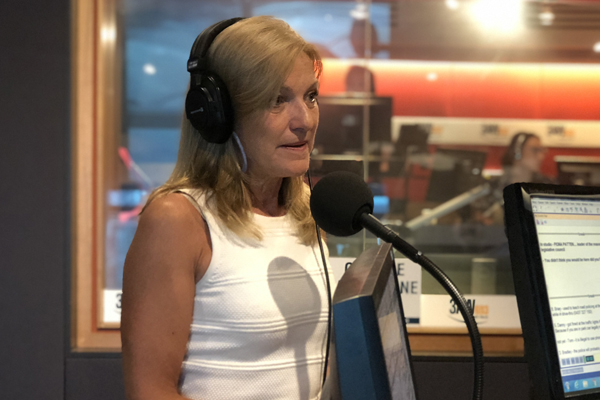‘It has been a disaster’: Fiona Patten won’t support Hinch’s public sex offender’s register

Re-elected Upper House MP Fiona Patten says she will not support Derryn Hinch’s proposed public sex offender’s register legislation in the Victorian Parliament.
Hinch’s Justice Party has three seats in the Upper House, making them a powerful player in legislative decisions over the next four years.
Ms Patten told Neil Mitchell she will not support the proposal.
“I think where we have seen that in other jurisdictions, it has been a disaster,” she said.
“It doesn’t make people safer, in fact it does quite the opposite.
“I would guide them (the Justice Party members) against it.”
Click PLAY below to hear the details
Ms Patten said legalisation of cannabis and sex industry law reform are two areas she wants to focus on in her next term.
Neil asked if, seeing as Daniel Andrews offered to save Ms Patten after it appeared she was finished, if she is a vote for Labor.
“Well he didn’t actually offer me a job, so I’m not going to be two-timing in this work,” she said.
“Look I’m willing to work the government when I agree with the agenda and I’ll oppose them when I don’t.
“Legalisation and regulation of cannabis would certainly be on my agenda.
“We wrote the laws for the sex industry in 1986, I think just bringing them into the 21st century, recognising that the internet exists, recognising that people work in very different ways and we haven’t changed the laws to reflect that.”















